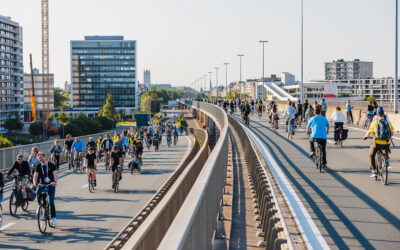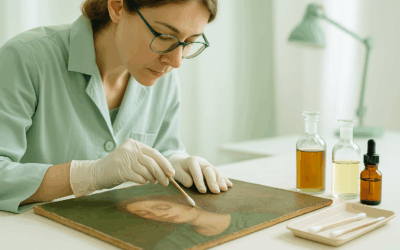How can small municipalities make their public procurement more sustainable, even when resources and technical capacity are limited? What practical tools are available to help mayors, school principals and local administrators make greener, more informed choices?
These are the questions at the heart of the upcoming webinar “Sustainable Procurement for Small Municipalities”, taking place on 24 June 2025, from 14:00 to 15:30 (CET). The event is organised within the framework of the proCURE project, co-funded by Erasmus+ and promoted by Fondazione Ecosistemi together with international partners.
This free webinar is specifically designed for mayors, school leaders and public administrators working in local authorities and schools involved in procurement processes.
During the session, participants will be introduced to the newly developed operational guide “Small Steps, Big Impact – Sustainable Procurement for Small Municipalities” and its accompanying toolbox – a practical set of resources, templates and case examples aimed at simplifying the transition towards more sustainable procurement practices.
The agenda includes:
- Introduction to the proCURE project
- Presentation of the guide: “Small Steps, Big Impact – Sustainable Procurement for Small Municipalities”
- Toolbox overview and practical use cases
- Interactive session: hands-on approaches to sustainable procurement
- Interviews with selected decision-makers on real-life experiences
- Open discussion and Q&A
The webinar will be held in German, with simultaneous interpretation into French, Italian and Slovenian.
Participation is free of charge, but registration is required via this link.




